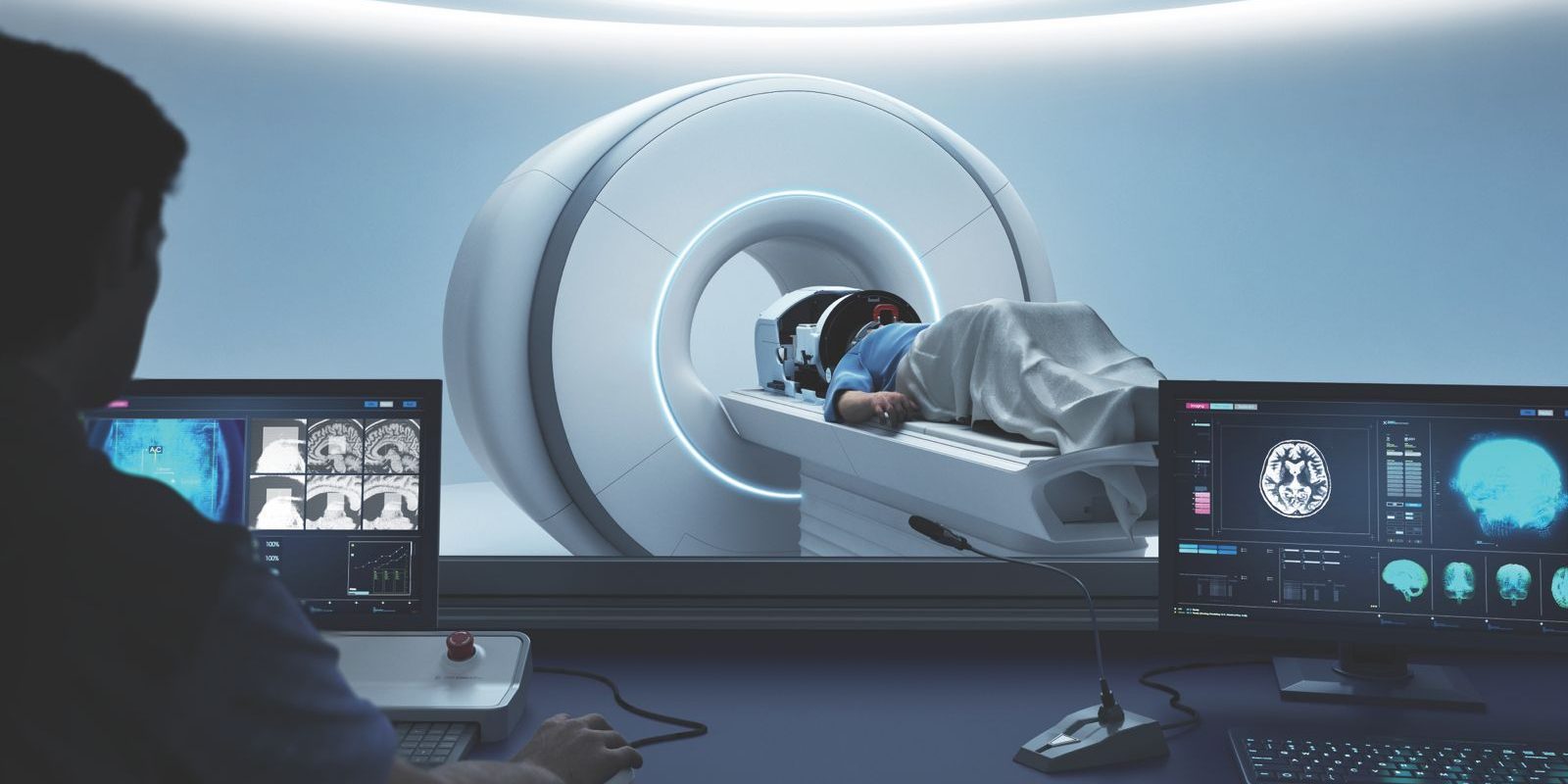Essential tremor and Parkinson’s disease are neurological disorders that seriously affect quality of life. Drug treatment methods can sometimes be inadequate for patients or cause unwanted side effects. However, there are high-tech treatments that push the boundaries of modern medicine and offer new hope to patients. One of these innovative treatments is the MR-guided Focused Ultrasound System (MRgFUS).
MRgFUS is a medical device developed to permanently relieve the tremor symptoms of essential tremor and Parkinson’s disease that do not respond to medication. It uses high-intensity focused ultrasounds, guided by MR imaging, to target the areas of the brain responsible for tremor. By focusing on a specific point in the thalamus, these sounds create lesions without damaging the surrounding tissues, thus non-invasively reducing and eliminating tremors.
One of the most important advantages of the MRgFUS method is that it does not require surgical intervention. This means less risk for the patient and a shorter recovery period. As it is an incisionless procedure, there is no risk of bleeding or infection and the treatment process is completed in a single session, in an average of three hours.



